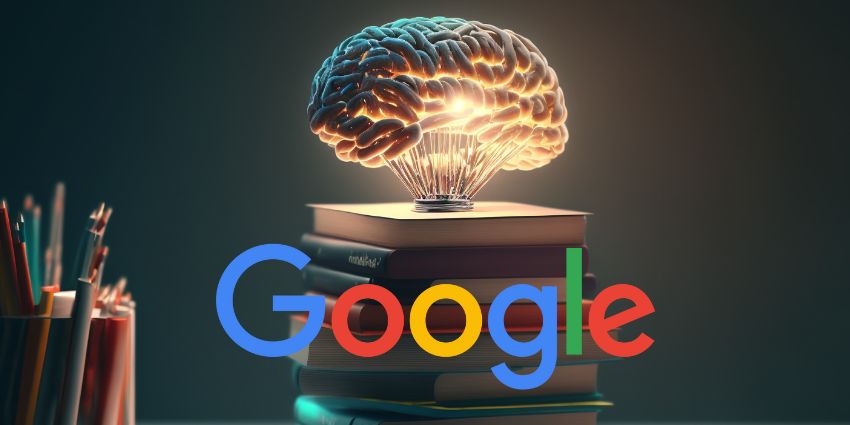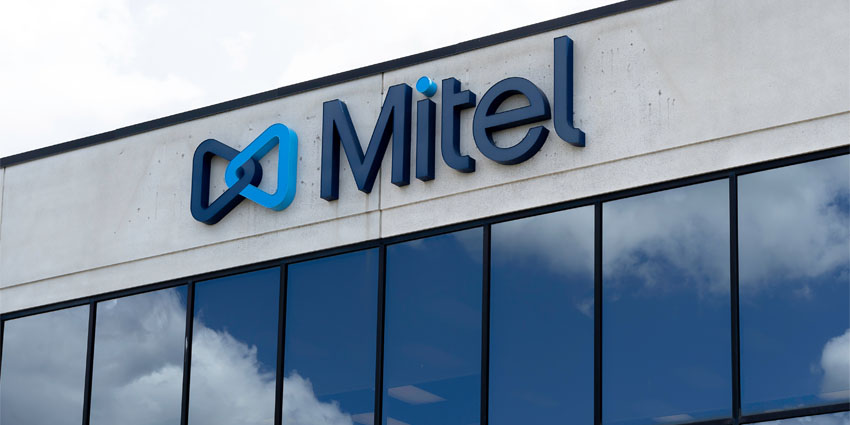Google has announced it will release its long-awaited Generative AI chatbot, calling it ‘Bard’ due to its storytelling capabilities.
Based on previous work with LaMDA (Language Model for Dialogue Applications), the chatbot has been widely seen as a response to Microsoft’s ChatGPT activity since December.
OpenAI’s creation has created a hype-cycle buzz on the internet even quicker than Spotify or Instagram. Microsoft has poured billions into resources for the startup to help pay for computing, for which AI requires a considerable amount.
While launching Bard, Sundar Pichai, CEO of Google and Alphabet, confirmed the amount needed, and said: “Today, the scale of the largest AI computations is doubling every six months, far outpacing Moore’s Law,” — referring to the observation that transistors in an integrated circuit double their number every couple of years.
- What Does ChatGPT Mean for Microsoft Teams?
- Google In ‘Code Red’ AI Response to ChatGPT
- Microsoft Readies to Revolutionise the Workplace with ChatGPT
Google’s move to launch Bard has exciting and vast implications for its UC&C technology products, most of which are built on top of its Search tool and Workspace platform. The storytelling angle of Bard focuses on its ability to reproduce text at length in answer to questions, a facility that could be available in chat and message platforms.
Without diving into too much detail, Pichai explained: “Bard can be an outlet for creativity, and a launchpad for curiosity, helping you to explain discoveries from NASA’s James Webb Space Telescope to a 9-year-old, or learn more about the best strikers in football right now, and then get drills to build your skills.”
So far, Generative AI models and answer machines can be shown to contextually rework tweets, songs, blog posts, term papers, poetry and computer code at incredible speed, calling upon internet-wide amounts of information. Some critics have pointed to AI models being limited by not being able to do more recent searches.
However, regarding opportunities, Google currently has over 20 sets of developer tools. Google Developers already uses open source code, has a list of API services, and offers free project hosting. Similarly, Microsoft has embedded itself into open-source research and encouraged third parties to develop apps. Google promises to open up even more for its current gearshift forward with AI.
Pichai commented: “Next month, we’ll start onboarding individual developers, creators and enterprises so they can try our Generative Language API, initially powered by LaMDA with a range of models to follow. Over time, we intend to create a suite of tools and APIs that will make it easy for others to build more innovative applications with AI.”
Google and Microsoft AI Rivalry
Microsoft’s AI moves and the popularity of ChatGPT has seen Google’s management board call a ‘Code Red’ alert to the workforce to activate its previous years of AI development.
So far, the stumbling blocks for releasing AI tech onto the commercial market have been working out price models (subscription or pay-per-text, for example), the unwieldiness of near-limitless responses creating controversy and the possible lack of discretion for companies and large organisations. Based on the sum of good and harmful internet content information uploading, many including Google, are concerned AI chatbot responses are skewed against women and people of colour.
However, Microsoft has already integrated ready-trained AI models across its Microsoft 365 products, such as the DALL-E 2 model, which powers some aspects of Microsoft Designer and has been introduced into Azure cloud computing and has ambitions for the Metaverse.
OpenAI GPT-3.5 Integrated into Teams Premium
More recently, it announced the integration of Chat GPT-3.5 into Teams Premium. Large Language Models will be powered by the astutely-branded OpenAI GPT-3.5 and used — according to Nicole Herskowitz, Vice President of Microsoft Teams: “…to make meetings more intelligent, personalised, and protected—whether it’s one-on-one, large meetings, virtual appointments, or webinars.”
Google has reviewed its roadmap, particularly after seeing millions of users engage with ChatGPT since OpenAI uploaded it for users to try. With enormous potential as a rival search engine and Google Search still the world’s number one with 91.88% market share (as of June 2022: StatCounter), it is a market share Microsoft will no doubt be angling after, including the subsequent advertising revenues that come as a result.
Pichai stated about Bard’s release: “We’re releasing it initially with our lightweight model version of LaMDA. This much smaller model requires significantly less computing power, enabling us to scale to more users, allowing for more feedback.”
Adding a cautious tone, Pichai said:
“We’ll combine external feedback with our internal testing to ensure Bard’s responses meet a high bar for quality, safety and groundedness in real-world information.”
He concluded: “We’re excited for this phase of testing to help us continue to learn and improve Bard’s quality and speed.”
Google has said that it is committed to producing AI models in a bold yet responsible way, adhering to a set of AI Principles it laid down in 2018.







